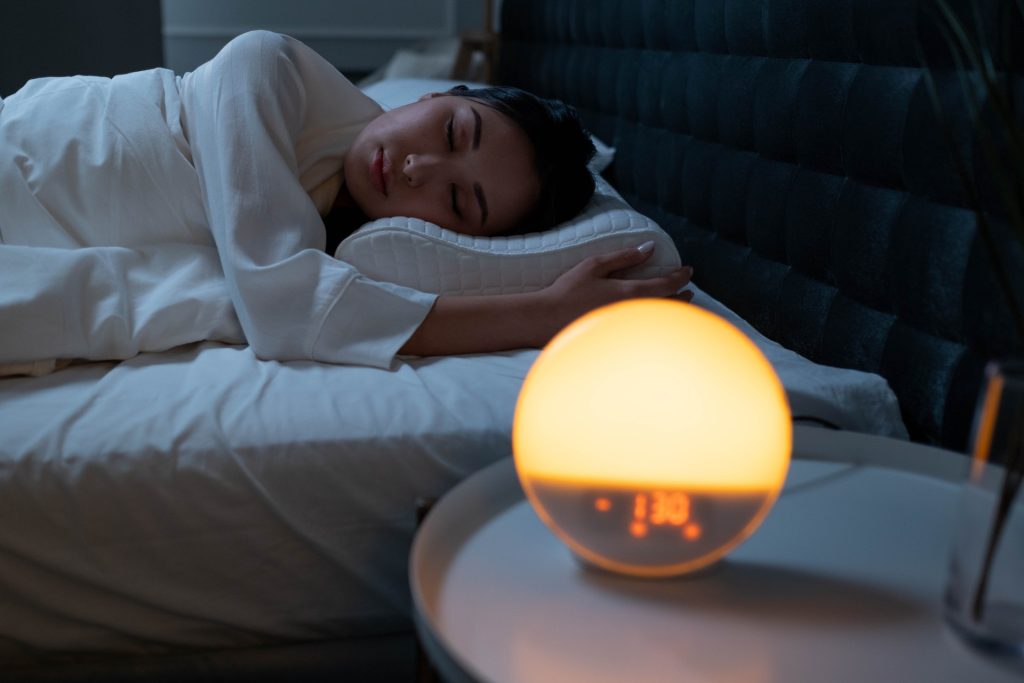
Researchers at the University of East Anglia are launching a new study to investigate how sleep can aid in stroke recovery, by examining whether people’s sleep patterns influence recovery of neuromuscular function.
Lead researcher Prof Valerie Pomeroy, from UEA’s School of Health Sciences, said: “We want to better understand how the brain recovers after a stroke – so we will be investigating how stroke survivors regain movement, and how this is influenced by sleep and time.
“We hope to find out more about sleep patterns that are beneficial for movement recovery after stroke.”
The team are looking for people in the region who have had a stroke to take part in the study. Participants will undertake measures of daily activity, sleep and movement.
The project will involve measuring people’s movement using small sensors placed on the skin’s surface that record natural muscle activity whilst they carry out a daily task – picking up a telephone.
Participants will be asked to attend two visits at the university, during which participants will undertake the movement measures and complete questionnaires about how they sleep.
In-between visits, participants will wear a motion watch on each wrist for seven days to measure their everyday activity at home.
Prof Valerie Pomeroy said: “There is strong evidence that physiotherapy improves the ability of people to move and be independent after a stroke. But at six months after stroke many people remain unable to produce the movement needed for everyday activity such as answering a telephone.
“We are undertaking this study to understand more about whether this situation could be improved by using interventions to change a patient’s sleep pattern and thus improve recovery of movement ability.”
Source: University of East Anglia

